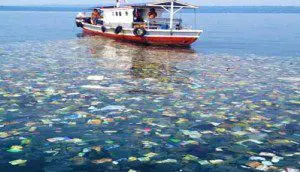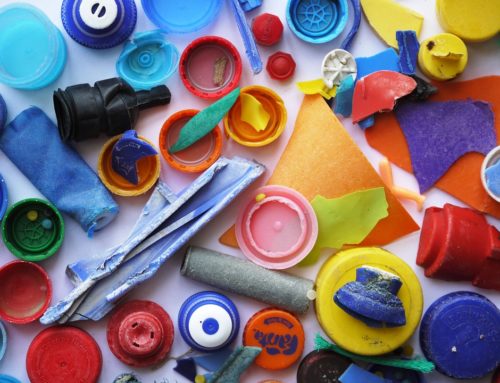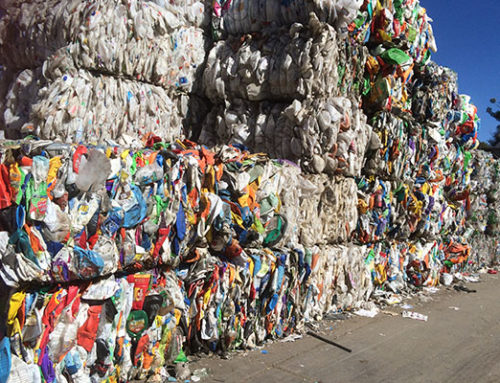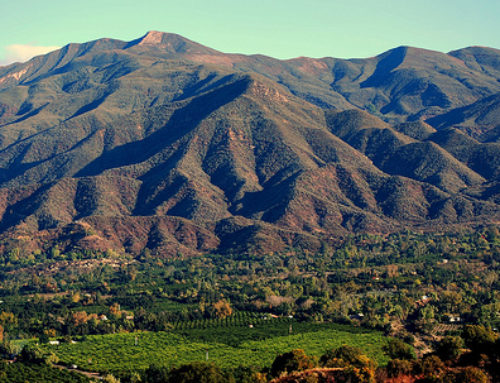Plastic, Styrofoam & Our Oceans

The Great Pacific Garbage Patch
The Great Pacific Garbage Patch, also described as the Pacific Trash Vortex, is a gyre of marine litter in the central North Pacific Ocean. Trash that is washed into our waterways can end up in the ocean and join the Gyre of debris. Styrofoam (EPS) and plastics are especially susceptible because they float.
Read more
Harmful to Marine Life
Algalita Marine Research Foundation is dedicated to the protection of the marine environment and its watersheds through research, education, and restoration. AMRF has taken numerous research voyages to the Pacific Trash Vortex to study and document the issue. Besides just being an ugly eyesore, the plastic and debris found in the Gyre is harmful to marine life. Smaller pieces enter the food chain and can lead to intestinal issues and lack of nutrients (starvation). Larger pieces can entrap and suffocate.
Read More
Persistent Organic Pollutants (POPs)
Plastics that do not completely dissolve in water and do not degrade into harmless materials can bioaccumulate through the food web, and pose a risk of causing adverse effects to human health and the environment (UNEP). Greenpeace calls this a sort of “chemical sponge”. The plastics can concentrate many of the most damaging of the pollutants found in the worlds oceans. So any animal eating these pieces of plastic debris will also be taking in highly toxic pollutants (GreenPeace). Bioaccumulation doesn’t stop with marine life; fish caught in the ocean, and that you buy at the store, are part of the same food chain.
Read More
Biodegradable Packaging Alternative
By selecting biodegradable options, such as molded pulp packaging, you can keep the oceans free of plastic debris and its harmful effects.



